The Rainbow Eucalyptus Tree
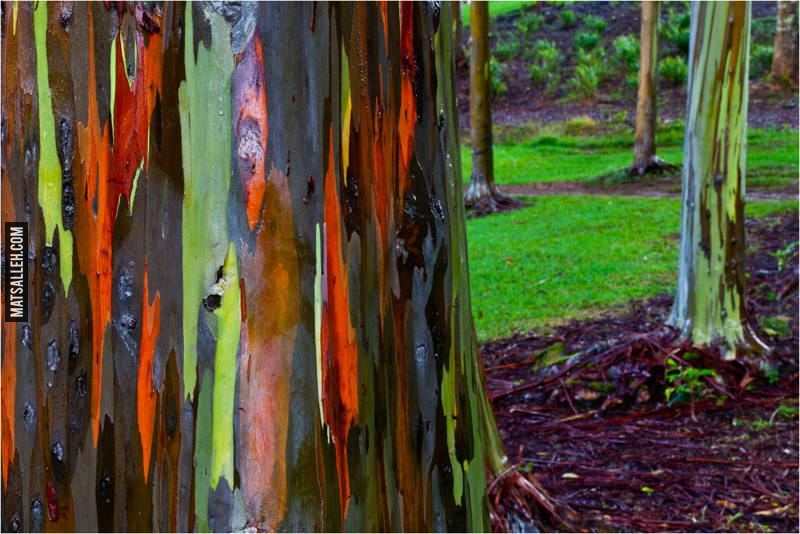
Source: Christopher Martin Photography
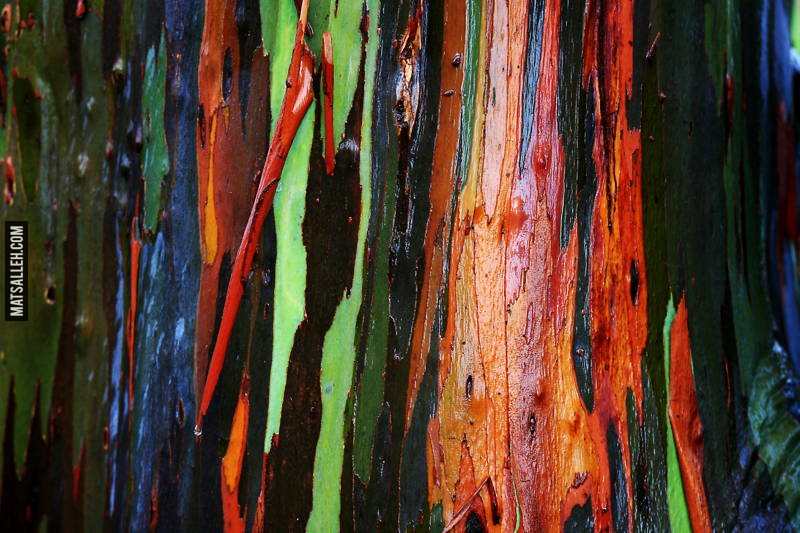
Source: Photo Net
Like most aphorisms, the adage “art imitates life” is applicable in many cases, but is especially so when remarking on the stunning canvas that is the rainbow eucalyptus tree. Resembling some sort of psychedelic Pollock painting, what one might easily confuse for frenzied, highly saturated brush strokes is actually Mother Nature’s grunt work. This brand of eucalyptus tree sheds its bark in patches sporadically throughout the year and in the process transforms into a technicolor dream. Initially, the exposed undergrowth is bright green, though as it matures the colors shift to blue, purple, orange and then finally maroon tones.
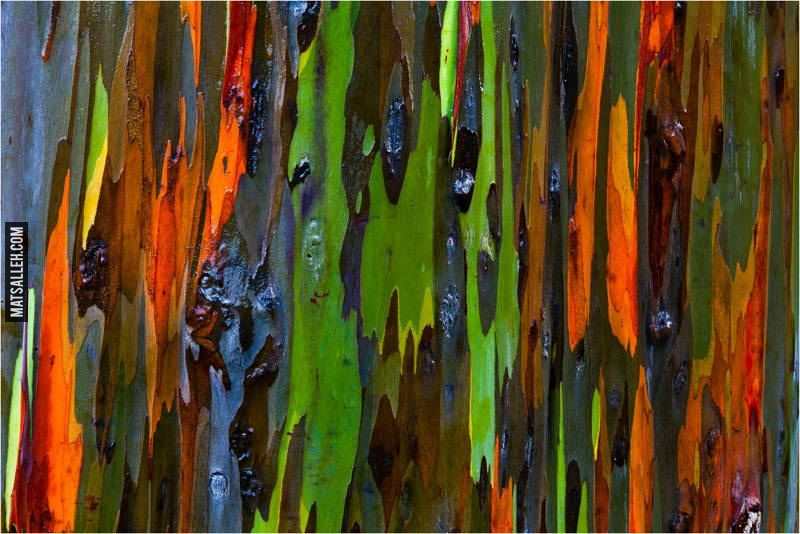
Source: Christopher Martin Photography
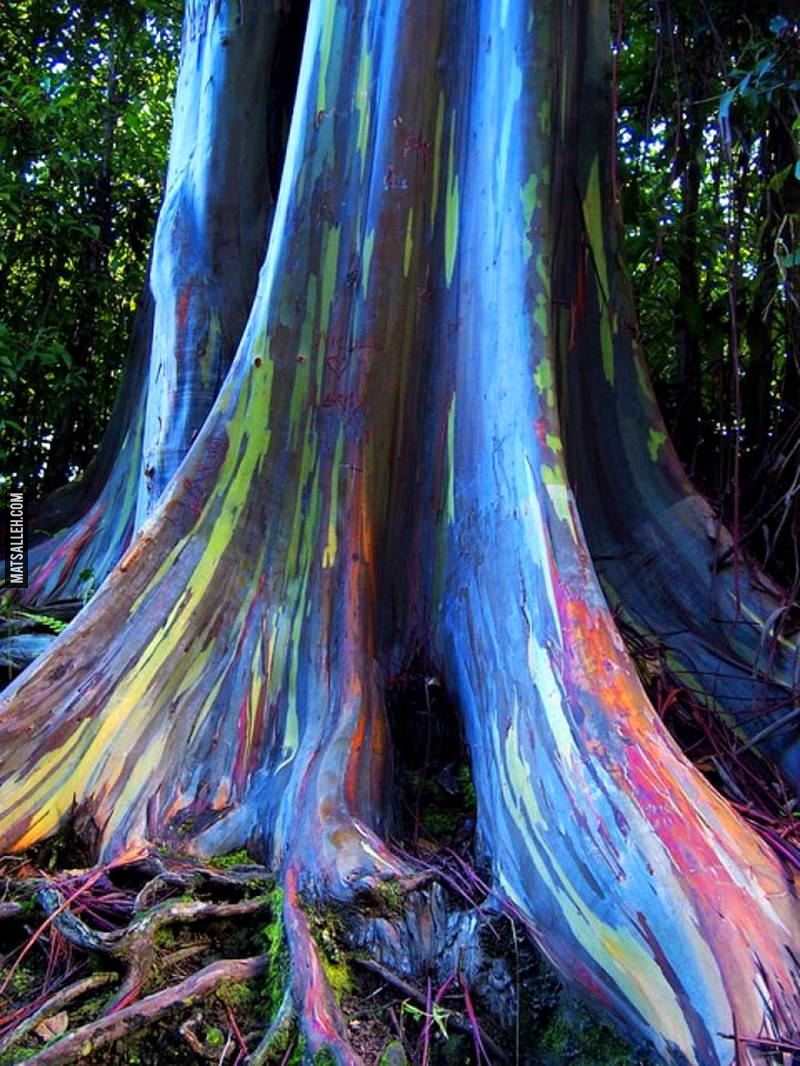
Source: Style Wonderlust
The Quaking Aspens
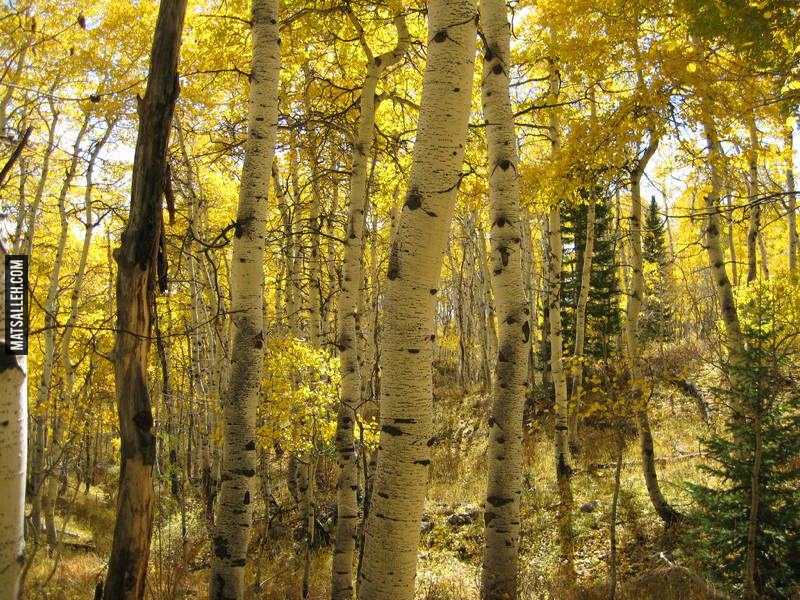
Source: Bio 230
Beyond its stunning, canary-colored foliage, quaking aspens are a testament to the fact that unification and solidarity are the key to a long, golden life. While on the surface these trees seem like a cluster of individual timber, the truth is that beneath the soil, all the trees are rooted together into one giant organism, so large in fact that it can be up to 20 acres wide. This serves an advantage in terms of longevity, seeing as one stand of quaking aspens in Bryce Canyon National Park is estimated to be approximately 80,000 years old!
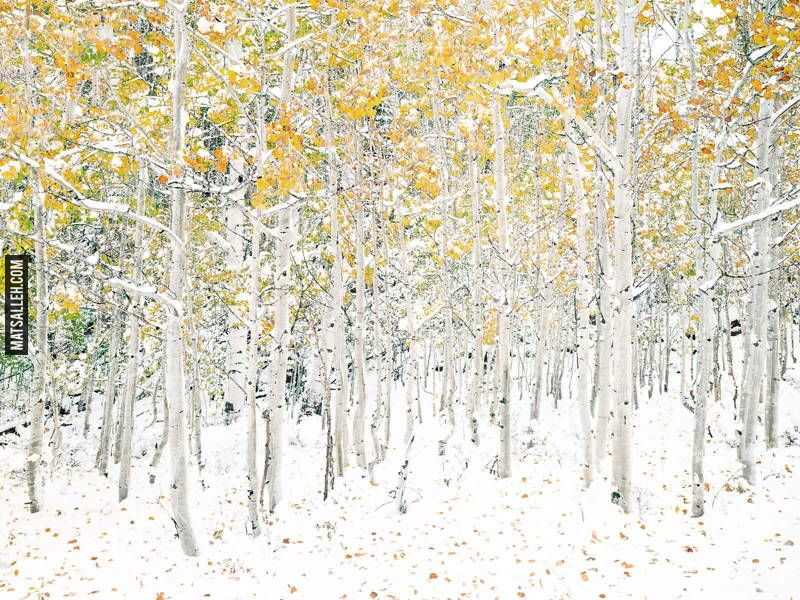
Source: Shelley Lake
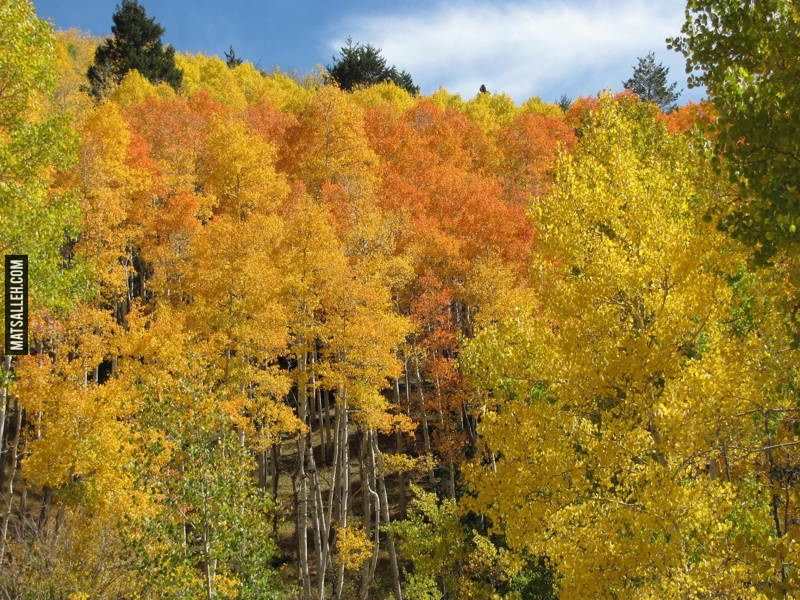
Source: Kitchen Undone
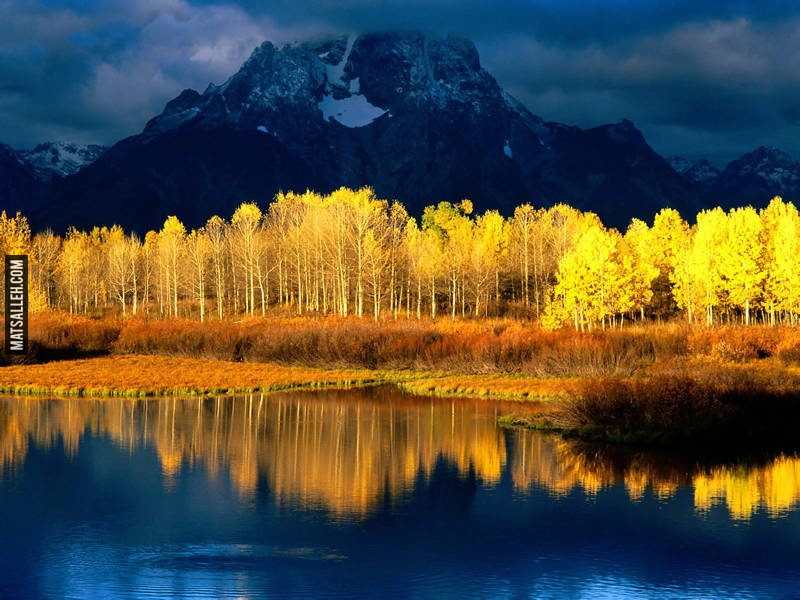
Source: Nice Cool Pics
Tetrameles Nudifloras
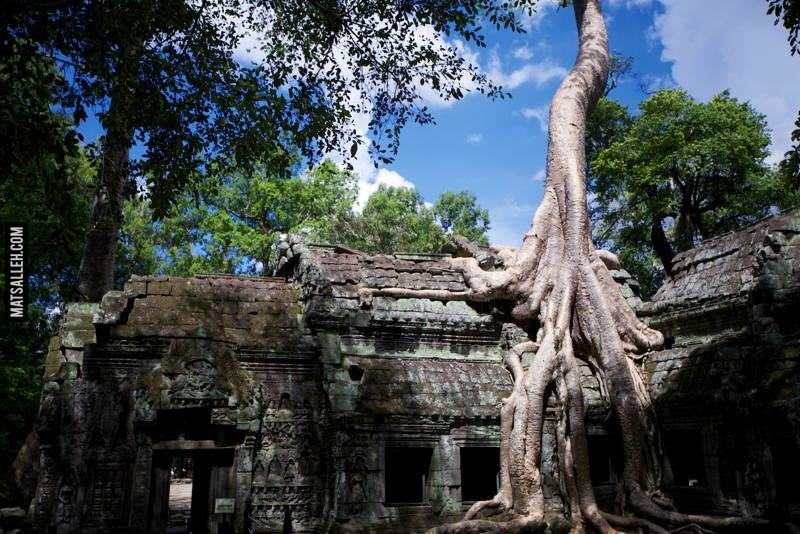
Source: Conservation Report
While somewhat reminiscent of dripping candle wax, the roots of the tetrameles nudifloras are much harder to remove once set. Found in many parts of Southeast Asia and Oceania, the seeping trees featured above and below can be seen slowly engulfing the ruins of Cambodia’s historic Ta Prohm Temple.
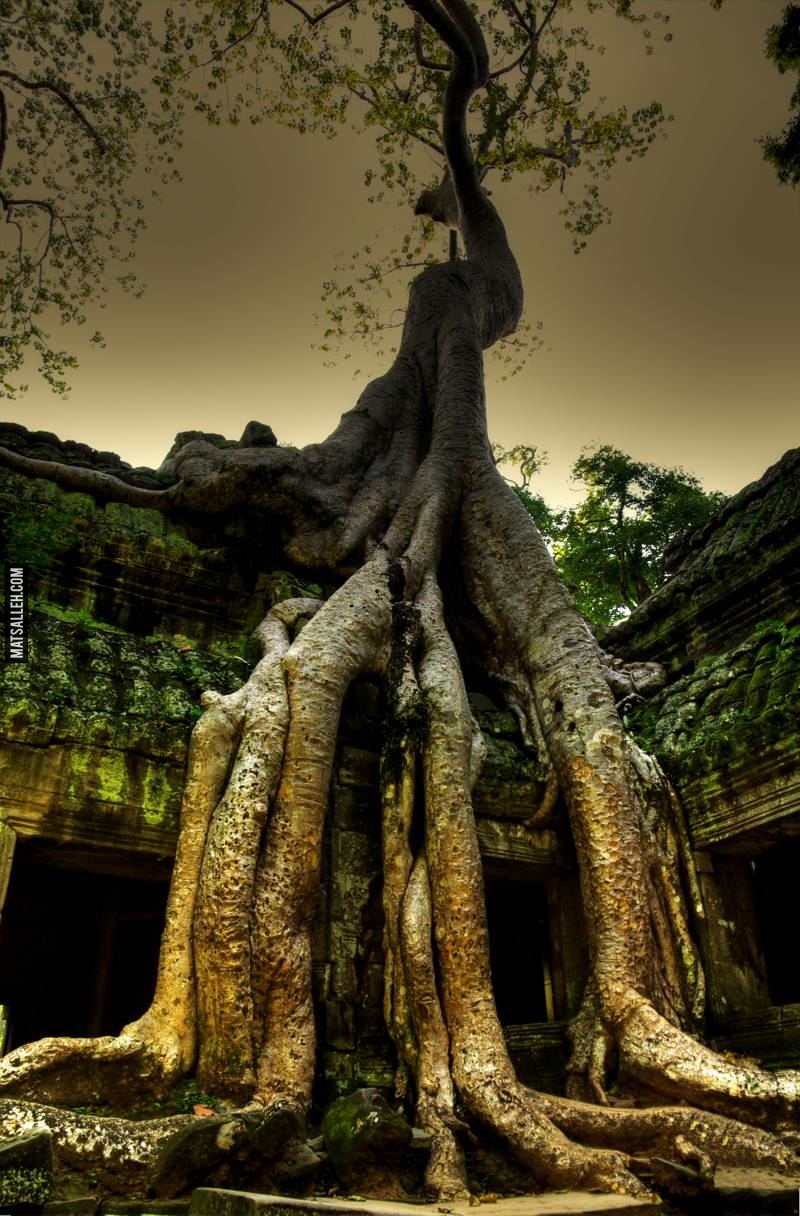
Source: Conservation Report
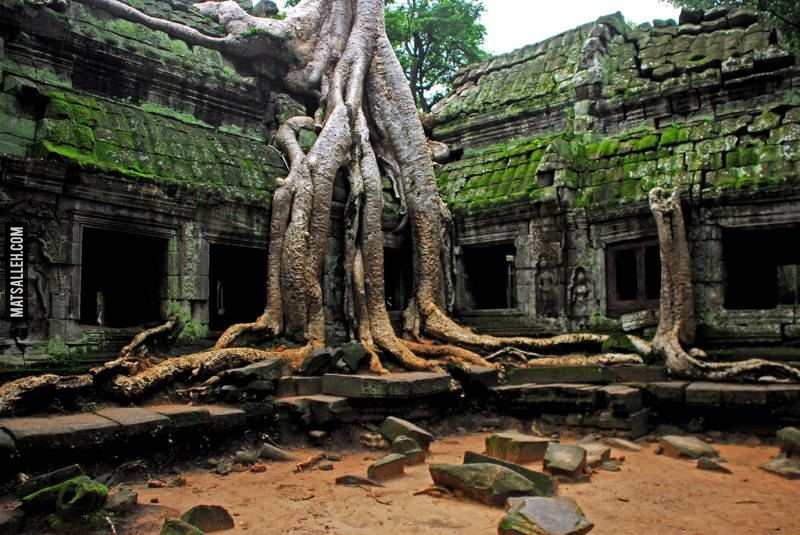
Source: Conservation Report
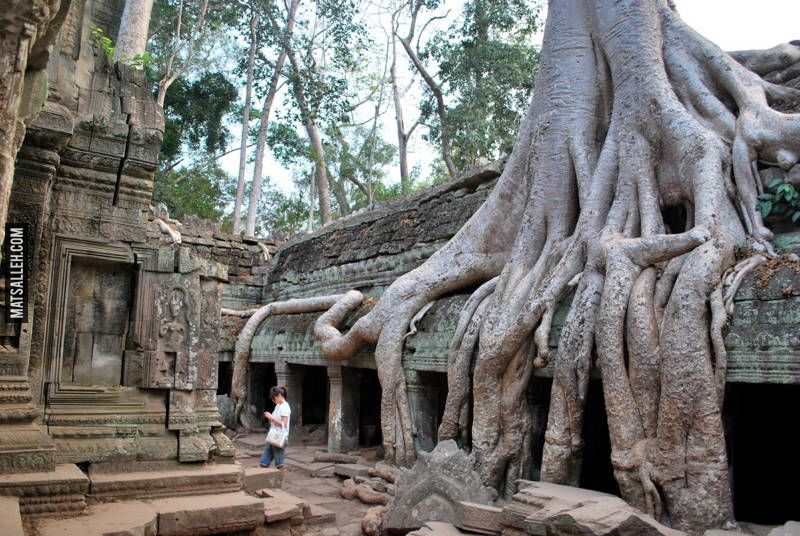
Source: Conservation Report
The Lone Cypress
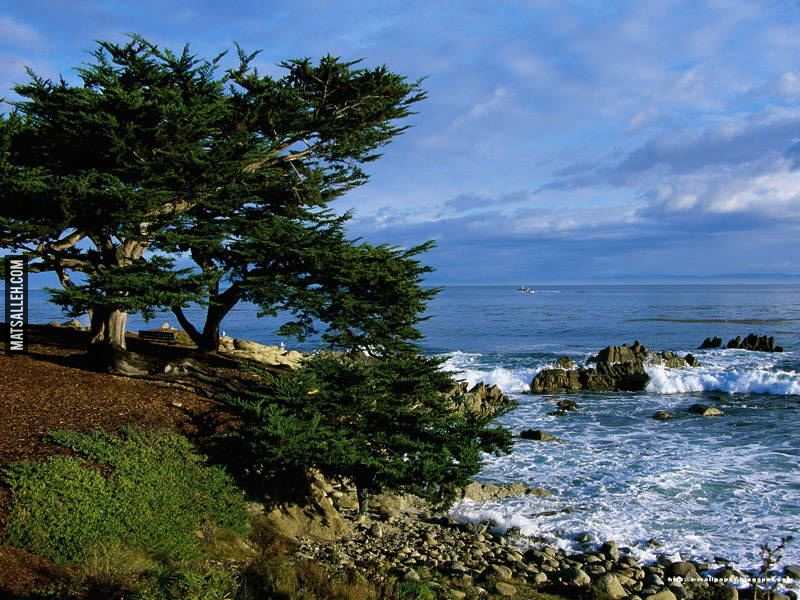
Source: Study Books
If there ever were a natural emblem for the decadent splendor of the California coast, it would be the lone cypress tree. Hugging a picturesque cliff on the Golden State’s scenic 17-Mile Drive, the 250 year old cypress serves as the official symbol of Pebble Beach, a schmaltzy area renown for its mansions and luxury golf courses.
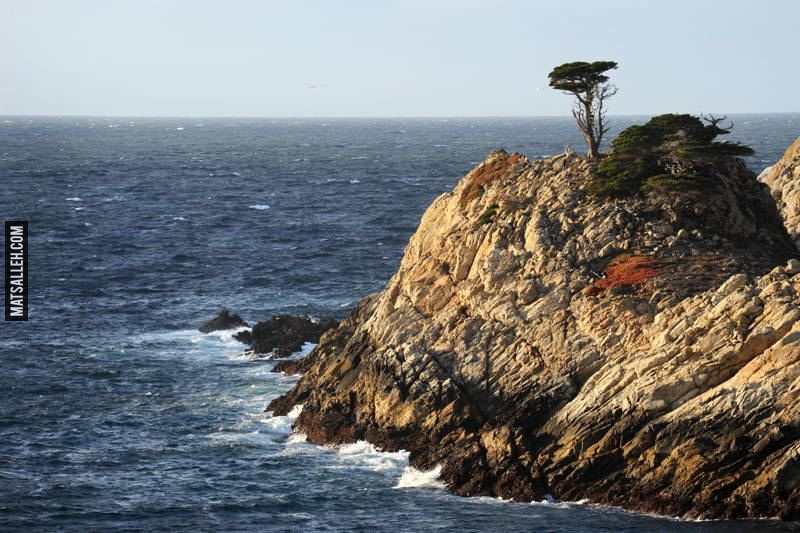
Source: Kevin: A Picture A Day
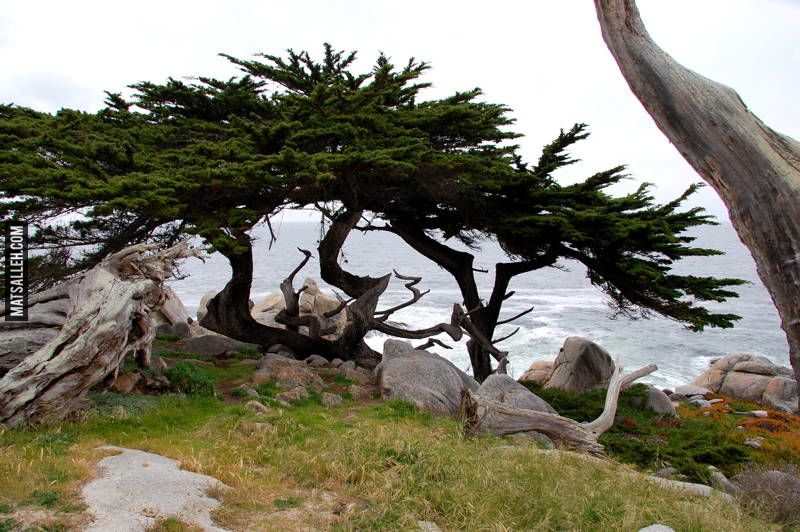
Source: Tena Valenti Photography

Source: Photo Botos
The Divi Divi Tree
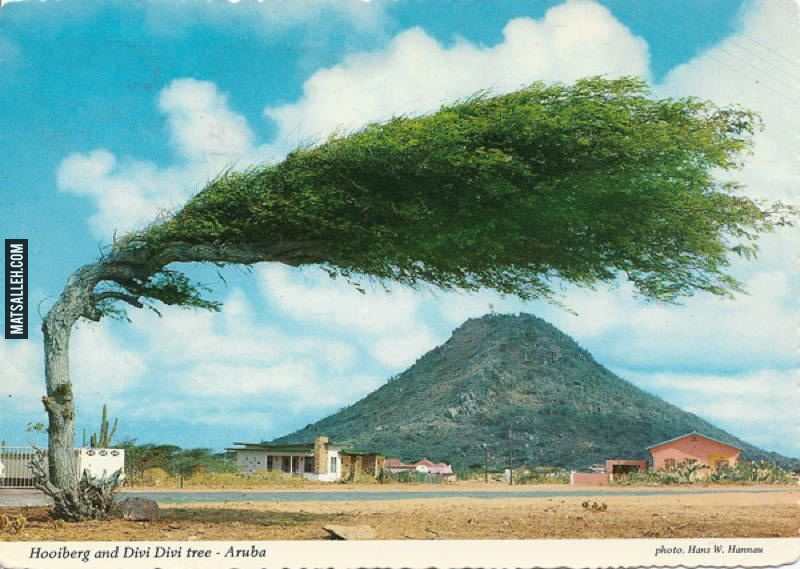
Source: Three Of A Kind
If the divi divi tree reminds you of a girl fighting to maintain her composure against the elements (and losing), you’d be partially correct. As a result of the often strong trade winds ubiquitous throughout the Caribbean, Central and South American coasts, the divi divi have swapped their stature for survival. Their contorted countenance serves others well, though; in addition to being an odd bit of flora to observe, the divi divi tree is also a natural compass. Thanks to the trade winds, the divi divi always point southwest.
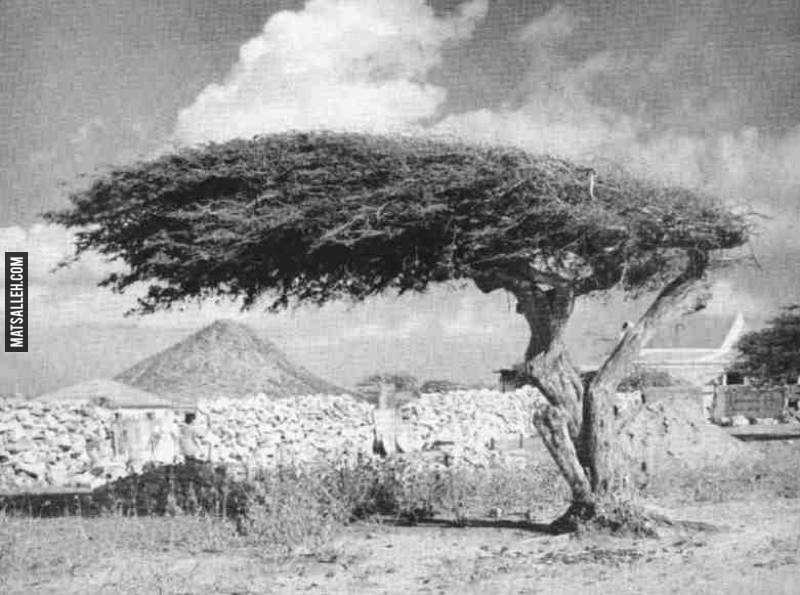
Source: Lago Colony
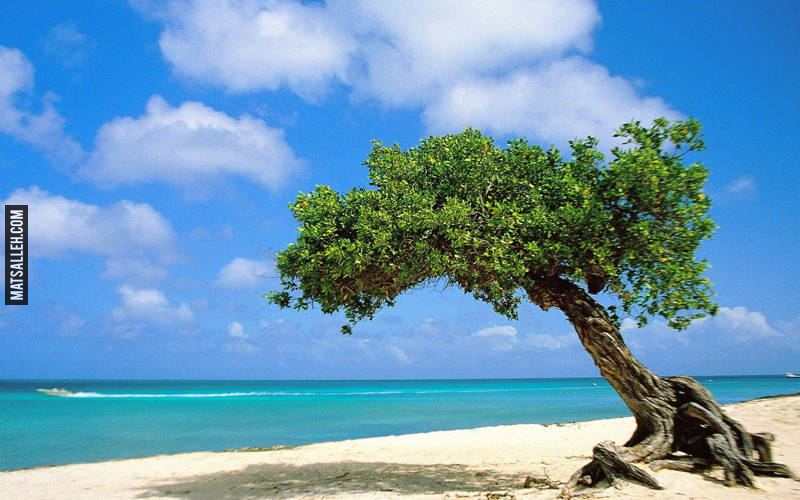
Source: Michael Nassar
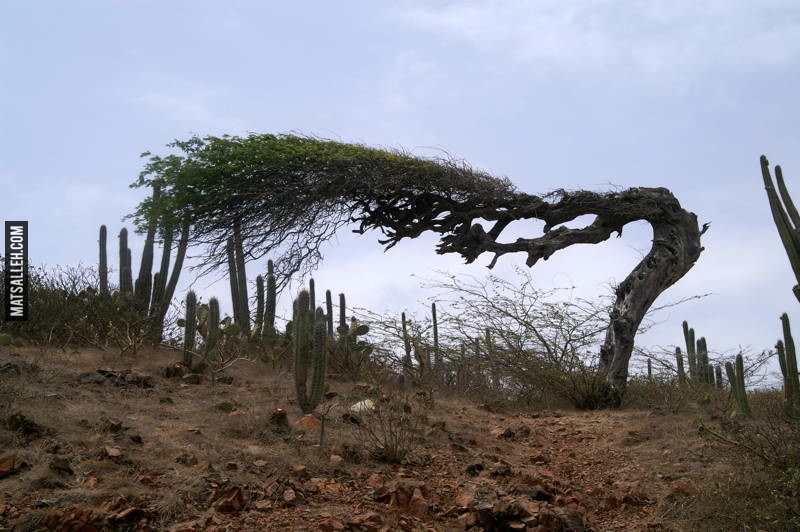
Source: Lago Colony
The Circus Trees
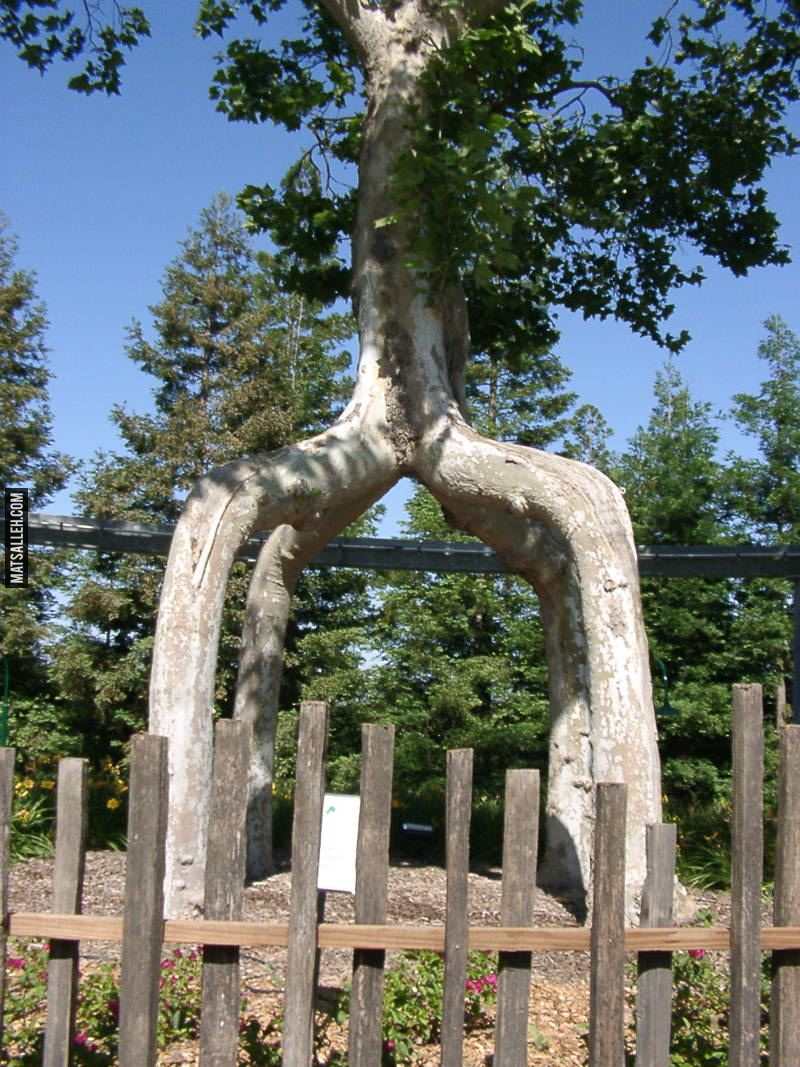
Source: News Chats
Never has a California tourist trap been more influential on someone’s future. While touring Santa Cruz, California’s aptly-named “Mystery Spot” with his family, Swedish American Axel Erlandson decided that he wanted to be the forbearer of a similar establishment. But instead of relying on curious gravitational and magnetic pulls, Erlandson took to shaping trees in bizarre, other-worldly patterns. His idea was a hit; Ripley’s Believe It Or Not made a visit to the far-out forest in 1976.
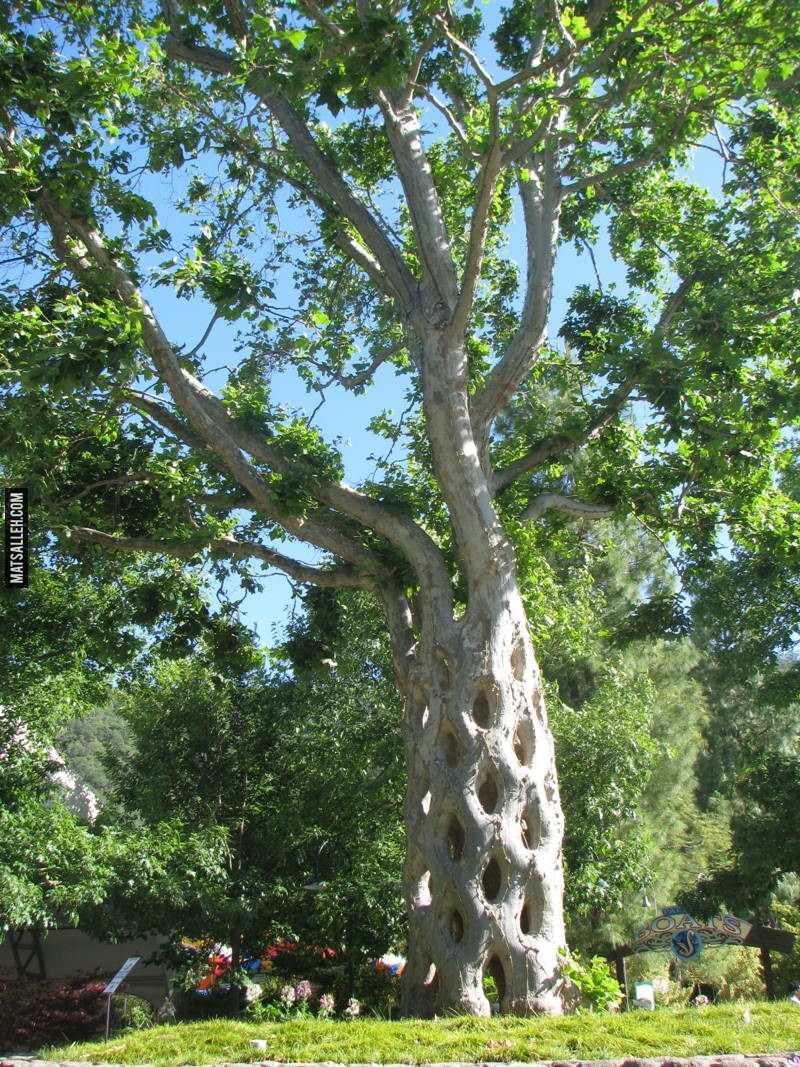
Source: Kat The Acrobat
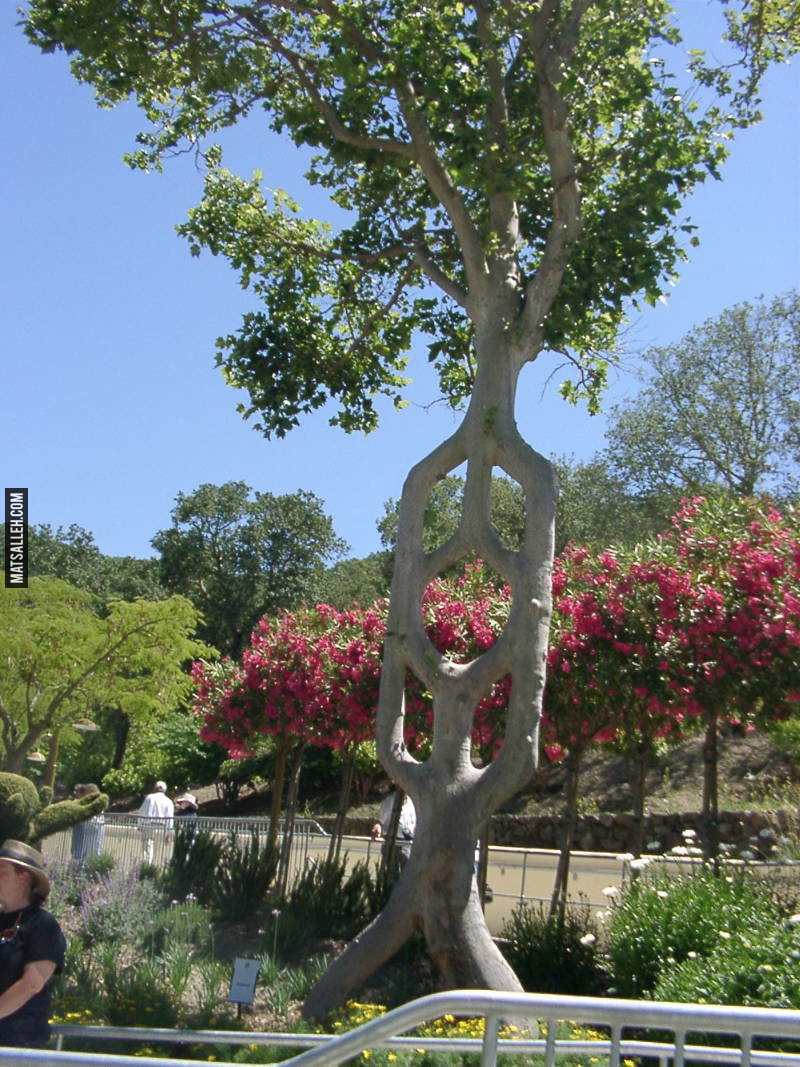
Source: News Chats
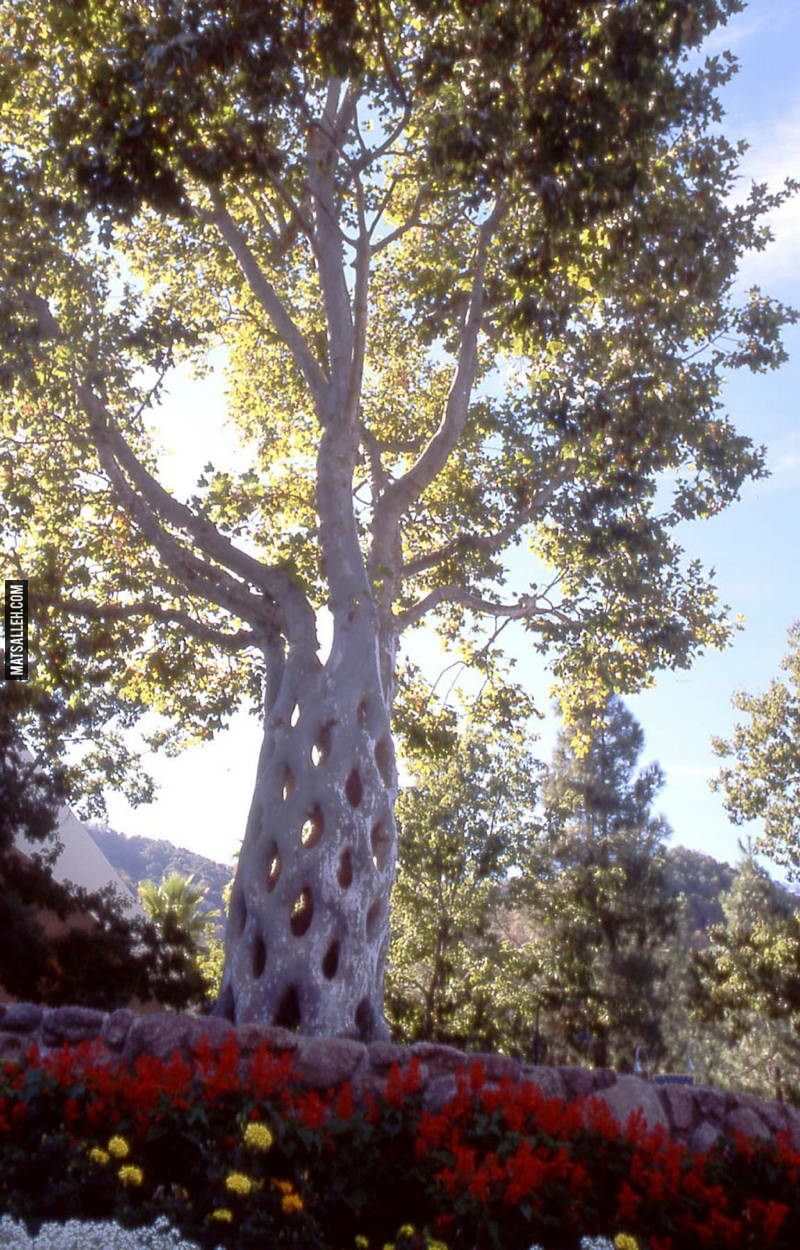
Source: Deep Fried Kudzu
The Tree Chapel
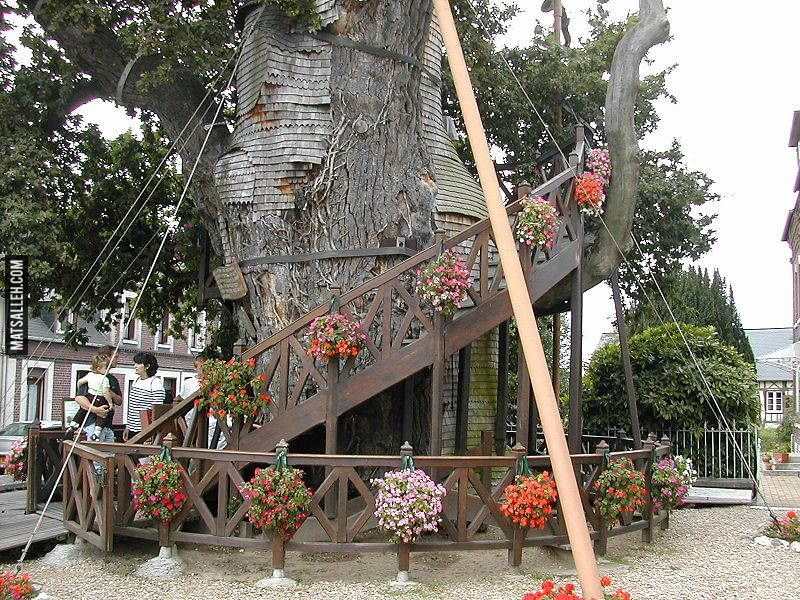
Source: Cerebral Boink Fest
Some historians estimate that, given the amount of cataclysmic conflicts that rocked the country since its inception, it’s incredible that France and all of its famous architecture are still standing today. The same can be said for Le Chêne Chapelle, the nation’s chapel in a tree. Forged in the days of Charlemagne and surviving the reign of Louis XIV, the revolution and both World Wars, the tree chapel features a spindly spiral staircase that leads to two chapels.
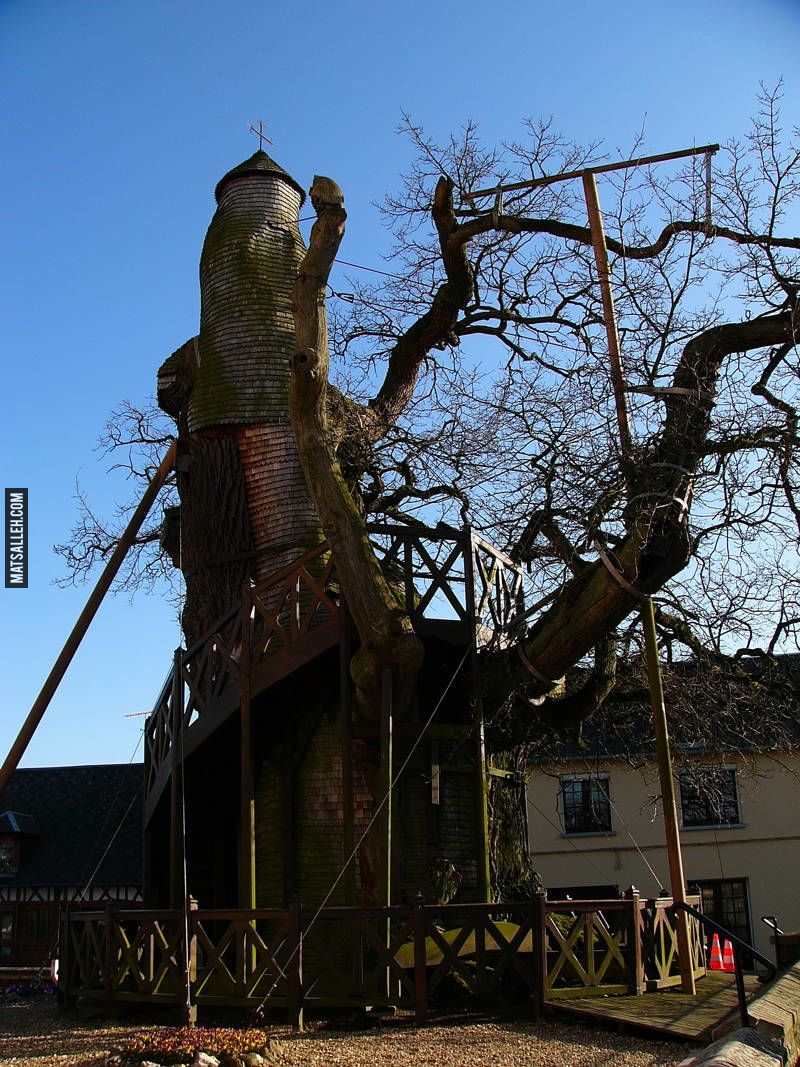
Source: Re-Actor
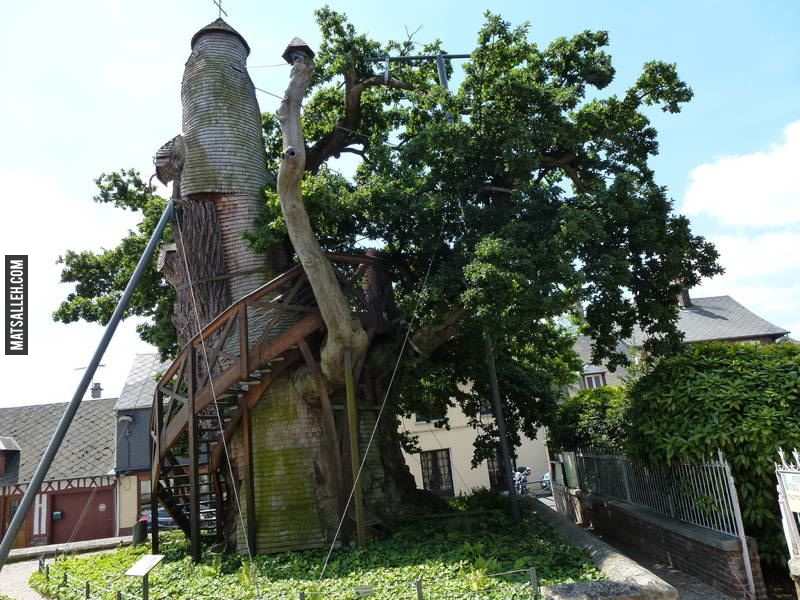
Source: Re-Actor
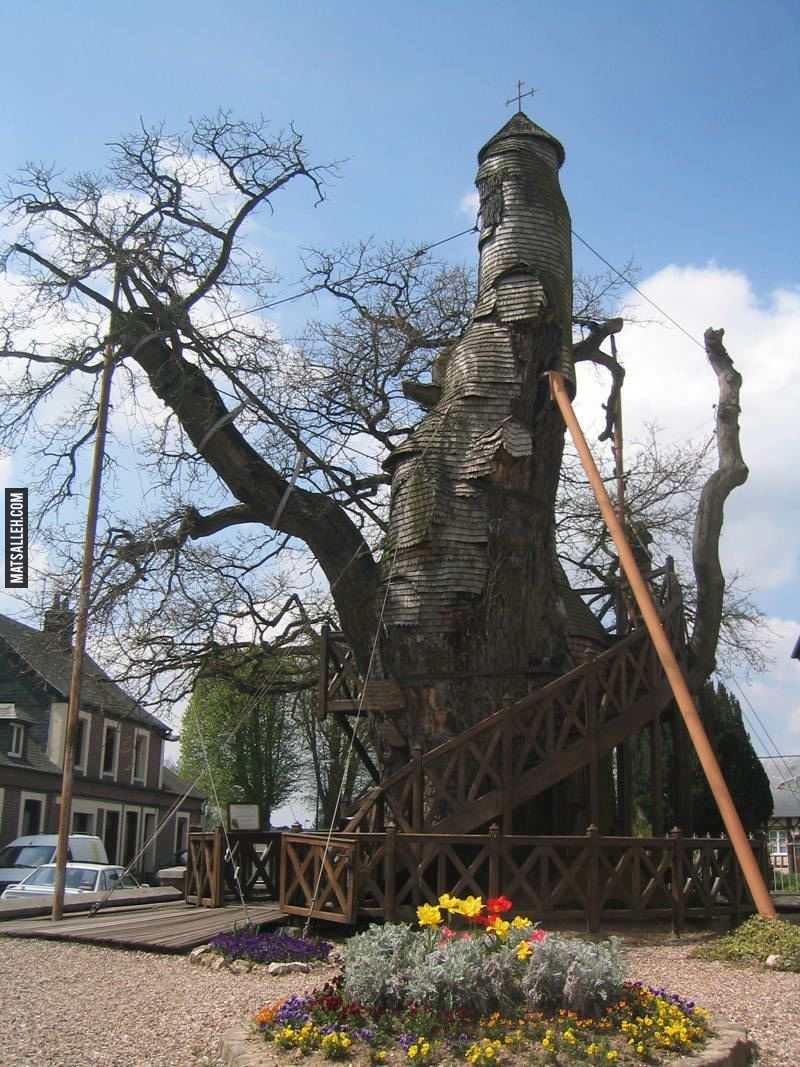
Source: Wikipedia
The Boab Prisoner Tree
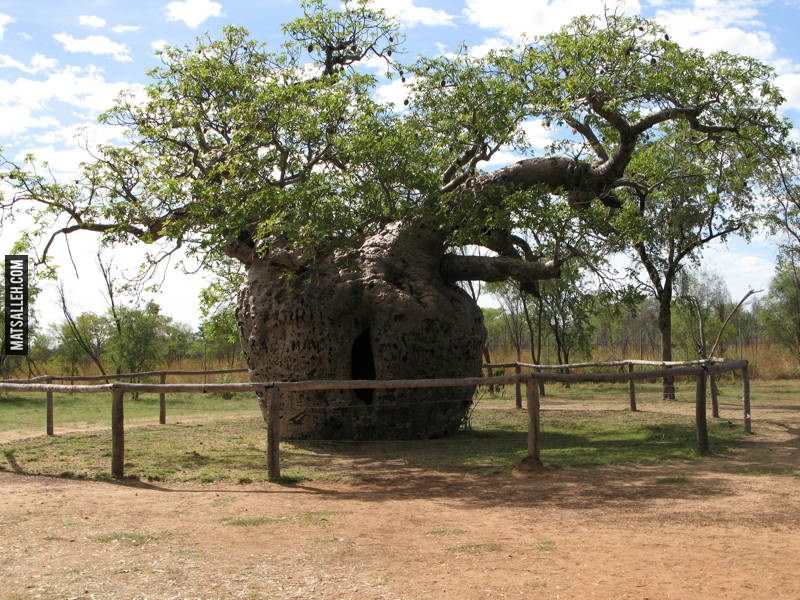
Source: Melly Williams
Forests are oft considered representative of enchantment and mystery, but in areas defined by deserts and dry climates, any “forests” found are more evocative of desolation and despair. Fitting, then, that Australia’s world-famous Boab tree was once a place where indigenous Australian prisoners were locked up en route to their sentencing in nearby Derby. Today, though, the hollow tree doesn’t house convicts; rather, it’s become quite a popular tourist attraction.
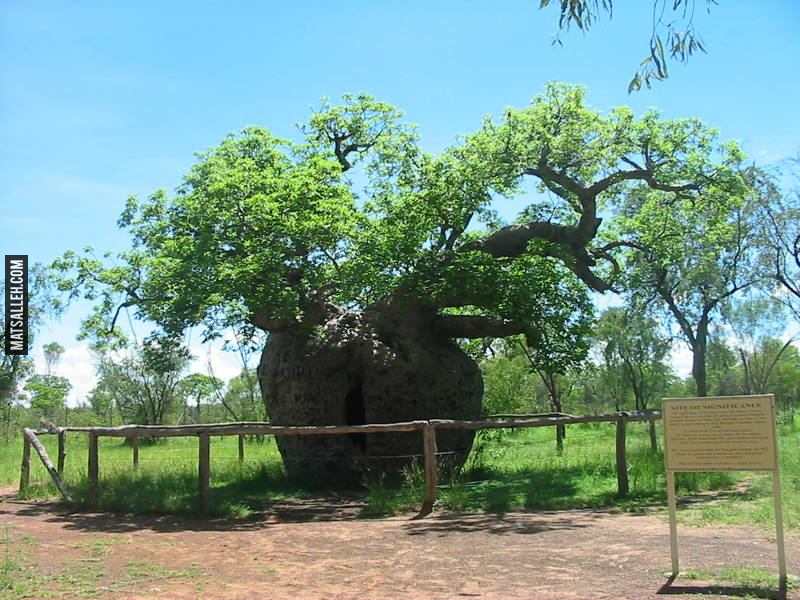
Source: Derby Tourism
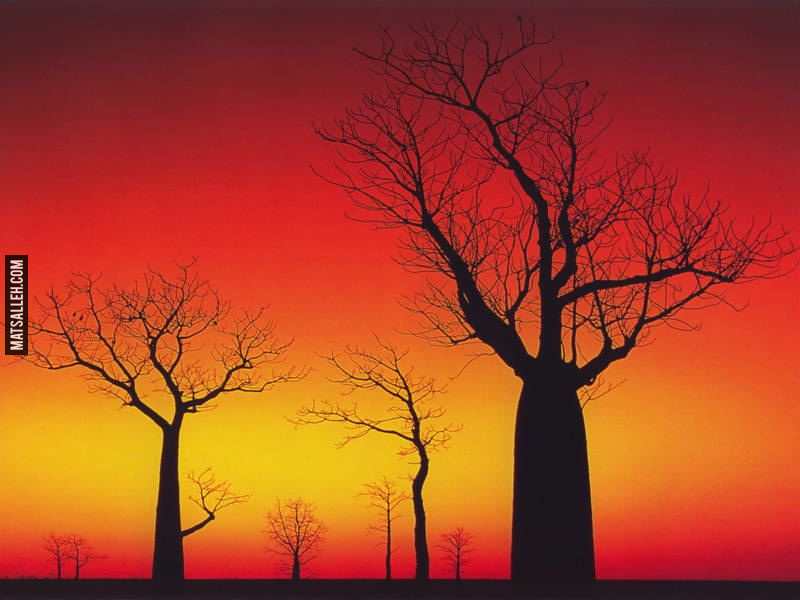
Source: Derby Tourism
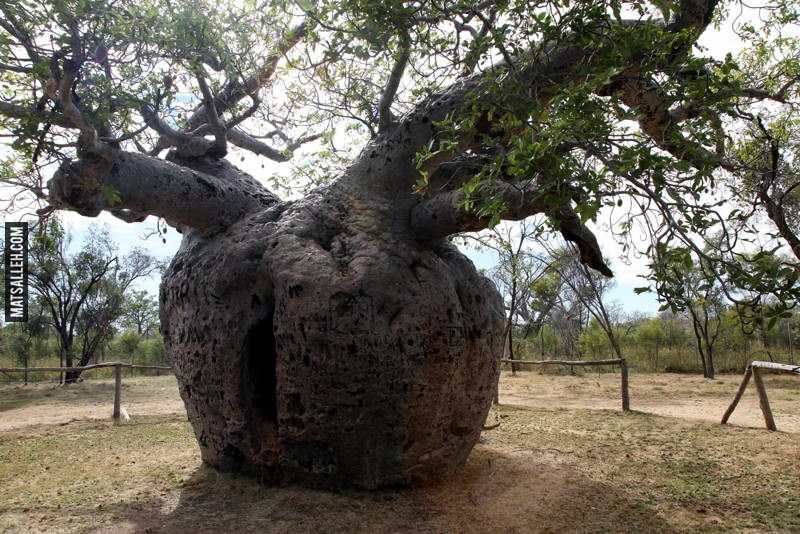
Source: Kiwi Kruger


